Recently I read a social media post that detailed the fact that a local judge had released an individual from custody, although the defendant had been charged with very serious crimes. This social media post and the numerous troubling comments which followed it rebuked the judge, included accusations of corruption, and expressed mistrust in the justice system for permitting such a “criminal” to get back on the streets. The collective conclusion of the post and comments was that the defendant was “clearly” a “sicko.” My response here is intended as a call for all of us to build, lift, encourage, persuade, and inspire, no matter how difficult the situation. Furthermore, I hope this information will help you begin to consider things from a different perspective.
From an emotional standpoint, I understand why someone might post vitriolic or angry thoughts on social media about defendants accused of crimes. As a defense attorney, I have spent nearly two decades fielding questions from people who approach me in quiet moments and ask, “How can you defend people like that?” These questions are honest, and I enjoy the discussion and enlightenment which is often the result, but the questions still trouble me greatly. Both the posts and questions germinate from the same seed of misunderstanding. That misunderstanding is, in a nutshell, that a person accused of a crime is therefore guilty of that crime and should immediately be punished.
It is based on the visceral emotional reaction to the substance of the allegations but does not consider the broad and far more important public policy implications. Using emotion to make snap judgments about someone’s guilt, without facts, background information, or important details is, among other things, not a wise course of action. Raise your hand if you have ever made a judgment and said something in the heat of the moment that, after more information and reflection, you later realize was entirely incorrect. I’m raising my hand.
To be clear I’m not talking about the everyday judgments about who watches your children, or whether to walk past the hooded figure in that dark parking lot. We must make those kinds of judgments. I’m talking about the judgments, comments, and attitudes that can permanently and negatively impact reputations, careers, families, and lives. Those kinds of judgments are like venomous poison which infects others, sows discouragement, and promotes anger. This is not consistent with the kind of society we need and want. Ultimately those kinds of attitudes undermine social stability, liberty, and constitutional protections that benefit all of us.
I think you would agree that none of us want to go back to the days when guilt is decided, and punishment is meted out by a mob with torches and pitchforks who show up at the home of the accused after a quick and angry meeting at the town square. Not one reasonable person in this country wants to go back to the days of tar & feathers or see a rope noose hanging from a tree. It is abhorrent that such a time ever existed at all. Sometimes we forget that angry statements, even if made jokingly, in person, or on social media can foster and flame that kind of mob mentality. Let’s get something out of the way. I’m just like you. I care deeply about community safety. My family and I live in this community and have done so for a long time. If someone is truly guilty of terrible offenses, of course, we do not approve of such conduct and all of us should feel the need to ensure a system is in place to affix appropriate punishment.
But our wise forefathers, though admittedly imperfect, knew well that emotional reaction cannot be the government’s basis for a determination of guilt or the assignment of punishment. We, in the great State of Nevada and the United States, must be objective, reasonable, calm, and extremely careful when we allow the government to exercise the nearly limitless power of punishment.
We have rules in place to ensure we cannot be the individual or collective casualties on the train of runaway governmental power. Most of the time law enforcement officers and prosecutors do an excellent job in complying with their duties as agents of the government, but whether we like it or not, mistakes are sometimes made. Constitutional and legal protections are in place to help ensure those mistakes cannot result in the tragedy of punishing innocent citizens. The presumption of innocence is chief among those protections.
To maintain this safety net, every person accused of a crime must be presumed to be innocent unless and until his or her guilt is established beyond a reasonable doubt. This presumption is not a formality. It ensures that it is the government, not the accused, who always bears the burden of proof. Our attitudes toward this burden and principle cannot be permitted to shift, even in our social media posts. When that shift occurs, the mob forms, and the accused individual is left to fight, with no meaningful resources, and the overwhelming financial and punitive powers of the government.
These protections, and principles even, are in place because wise men and women throughout history have seen the crushing and destructive impacts of unchecked governmental power in the wrong hands. Even with all these protections in this country, numerous individuals have been convicted of crimes they did not commit. A tragedy under any circumstances to be sure.
Standing firm in these protective principles does not make someone a proponent of crime. Rather, it makes someone a proponent of protecting the innocent. That might come at an emotional cost because we cannot satisfy our desire to grab the pitchfork, but it is the price we must pay to ensure all of us are protected from governmental overreach. This is precisely what the Nevada Supreme Court recognized in its recent important holding, known more commonly as the Valdez-Jimenez decision.
In that case, the court recognized that the Constitution of Nevada protects the presumption of innocence by making a pre-trial release the normal and expected course of action in every case unless very limited circumstances exist. The court also stated that where public protection and community safety are identified as significant risk issues, every accused person has the right to reasonable bail and that the bail set must not be excessive. This means that the amount of bail for the release cannot be an amount that is more than an accused person can reasonably be expected to afford. If it is, it would be an unconstitutional denial of bail.
The court wisely said that:
“The amount of bail that is reasonable before trial is a fundamental one, bail must not be in an amount greater than necessary to serve the state's interests. This traditional right to freedom before conviction permits the unhampered preparation of a defense and serves to prevent the infliction of punishment prior to conviction. Unless this right to bail before trial is preserved, the presumption of innocence, secured only after centuries of struggle, would lose its meaning. Liberty is the norm, and detention prior to trial is the carefully limited exception.”
I am thankful that in this state and this country, we collectively declare that liberty is the norm and that detention before conviction should be only a very limited exception. This must be the case when we want to live in a society where we are all presumed to be innocent until the government has met its burden of guilt beyond a reasonable doubt. An understandable emotional reaction in all of us wants to affix punishment immediately based on our ill-informed conclusions that the person must be guilty. But experience has long shown that far too many innocent people are convicted of crimes in this country than should make us comfortable. For the sake of liberty, protection of the innocent, and effective justice we cannot afford to compromise even a little on these important constitutional rights.
May I humbly suggest that when we hear a conversation, read a story, or see a situation that makes us want to condemn, malign, and vilify someone, let us pause? As someone I respect very much has recently said, “Anger never persuades. Hostility builds no one. Contention never leads to inspired solutions,” R.M. Nelson.
This does not mean we cannot have a reasonable and robust debate within the marketplace of ideas. There should always be room for respectful disagreement as to ideas and policy. But we can do so while also rising above the contention that too easily has infused public dialogue of late. Being kind to others costs us nothing. And sometimes, being kind means saying nothing at all.



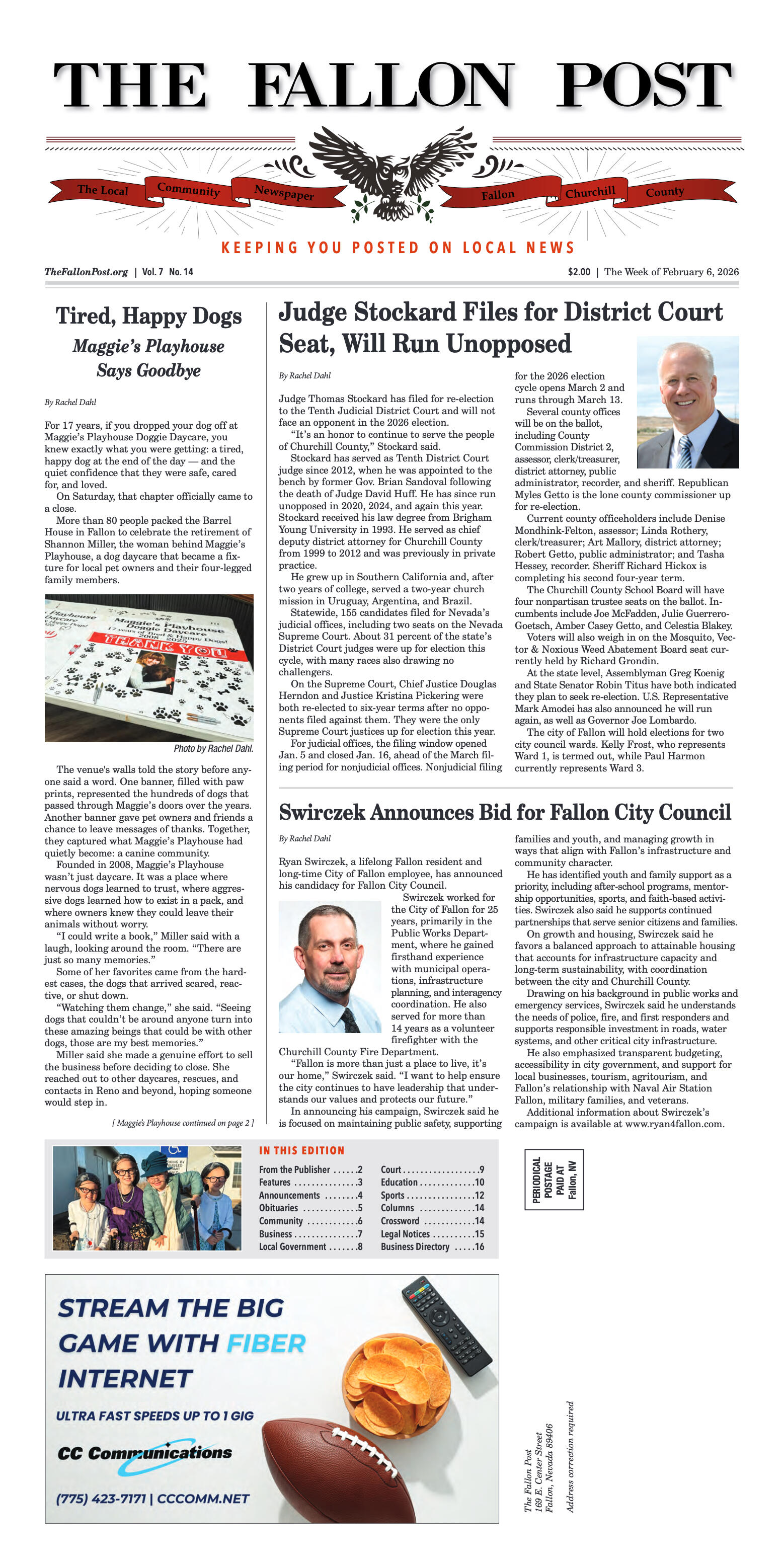




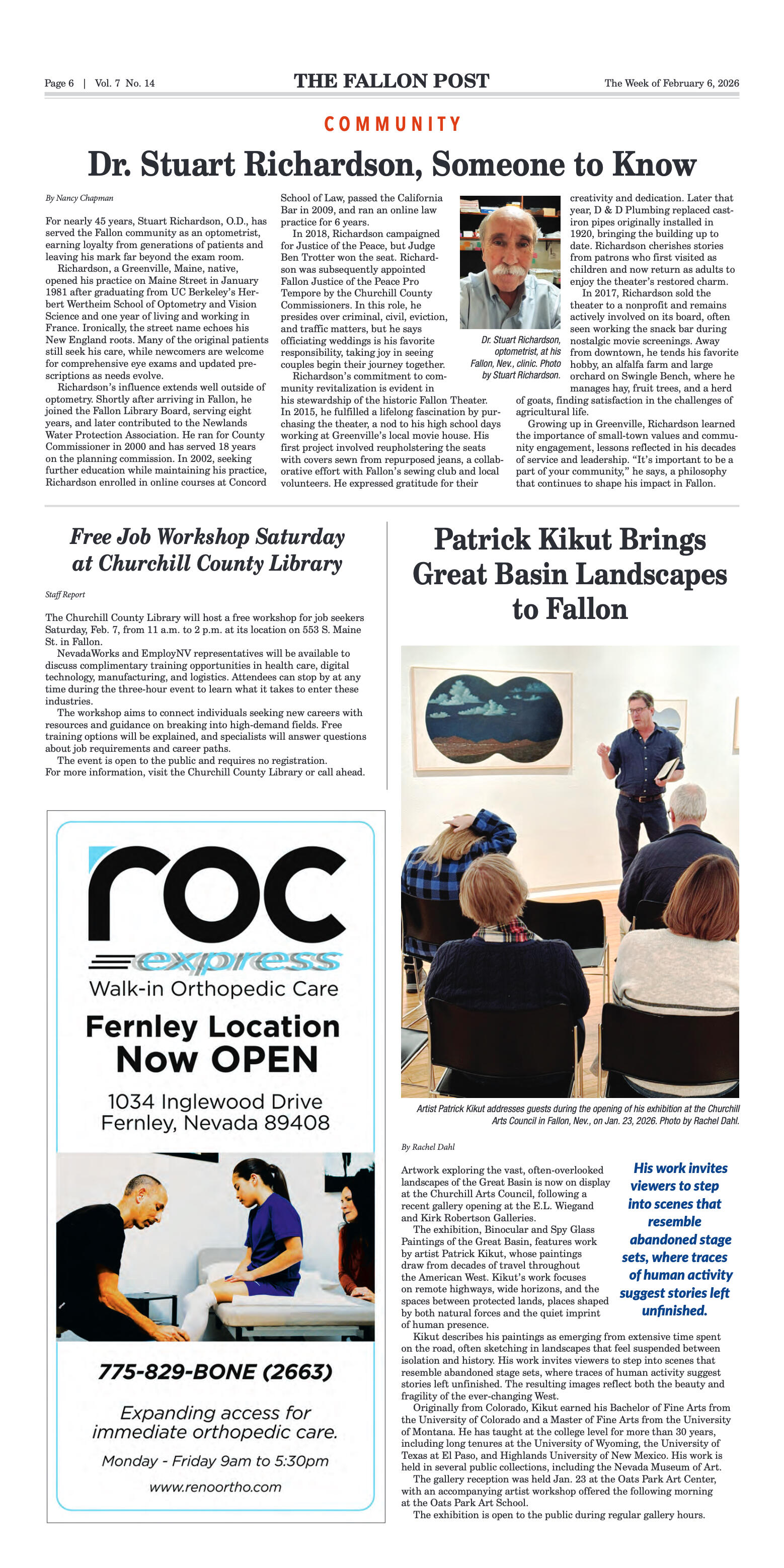


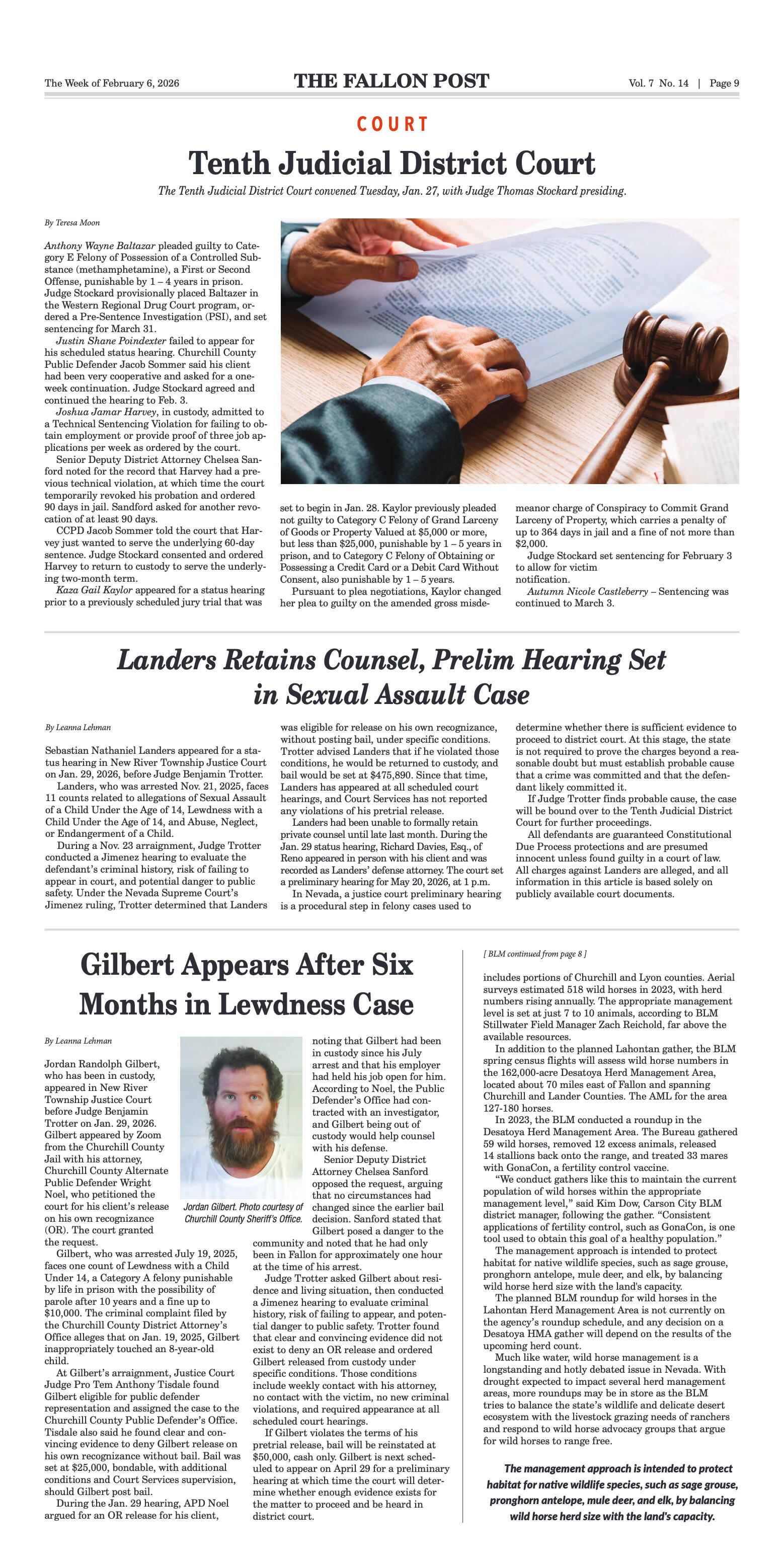

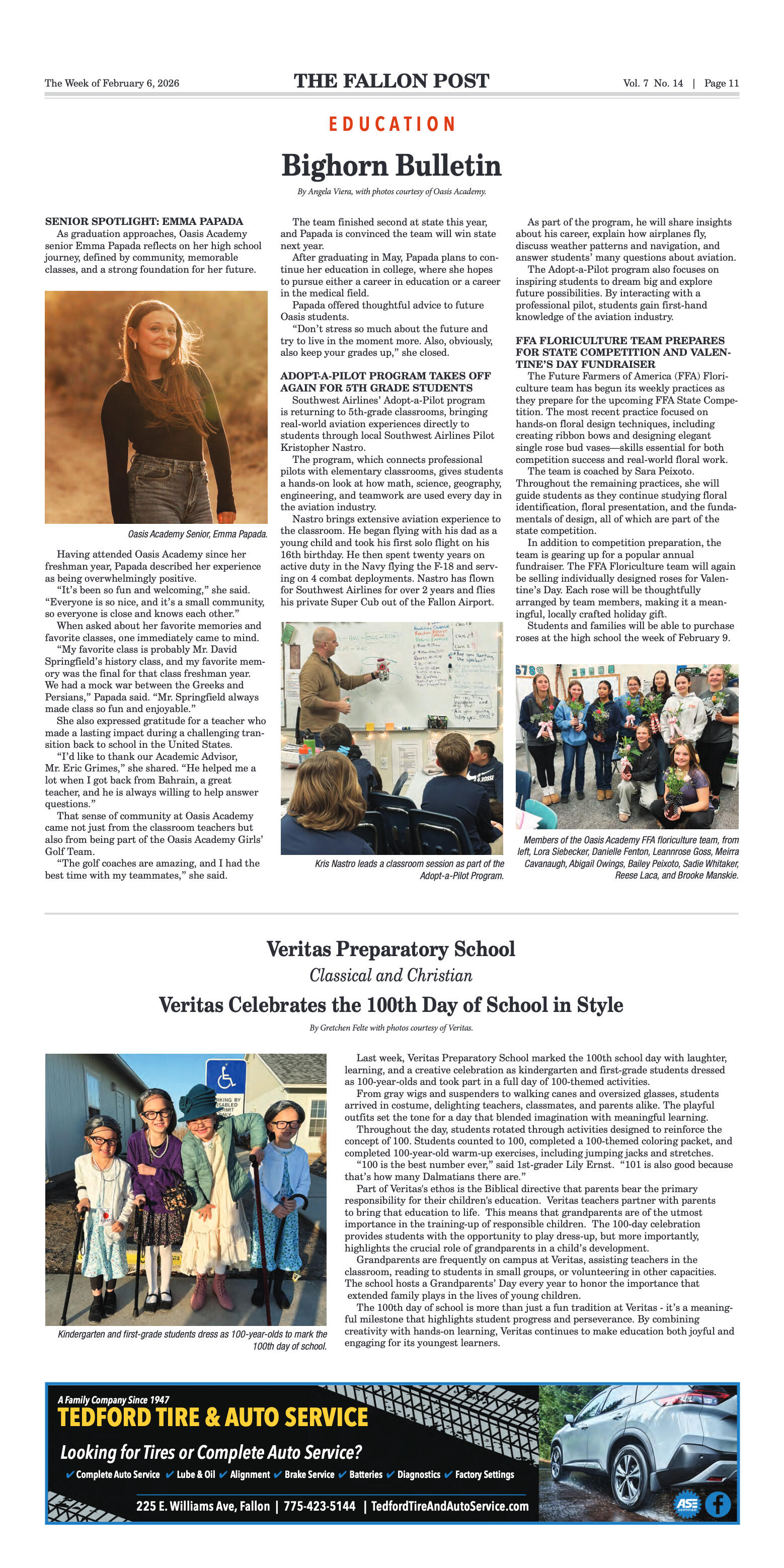


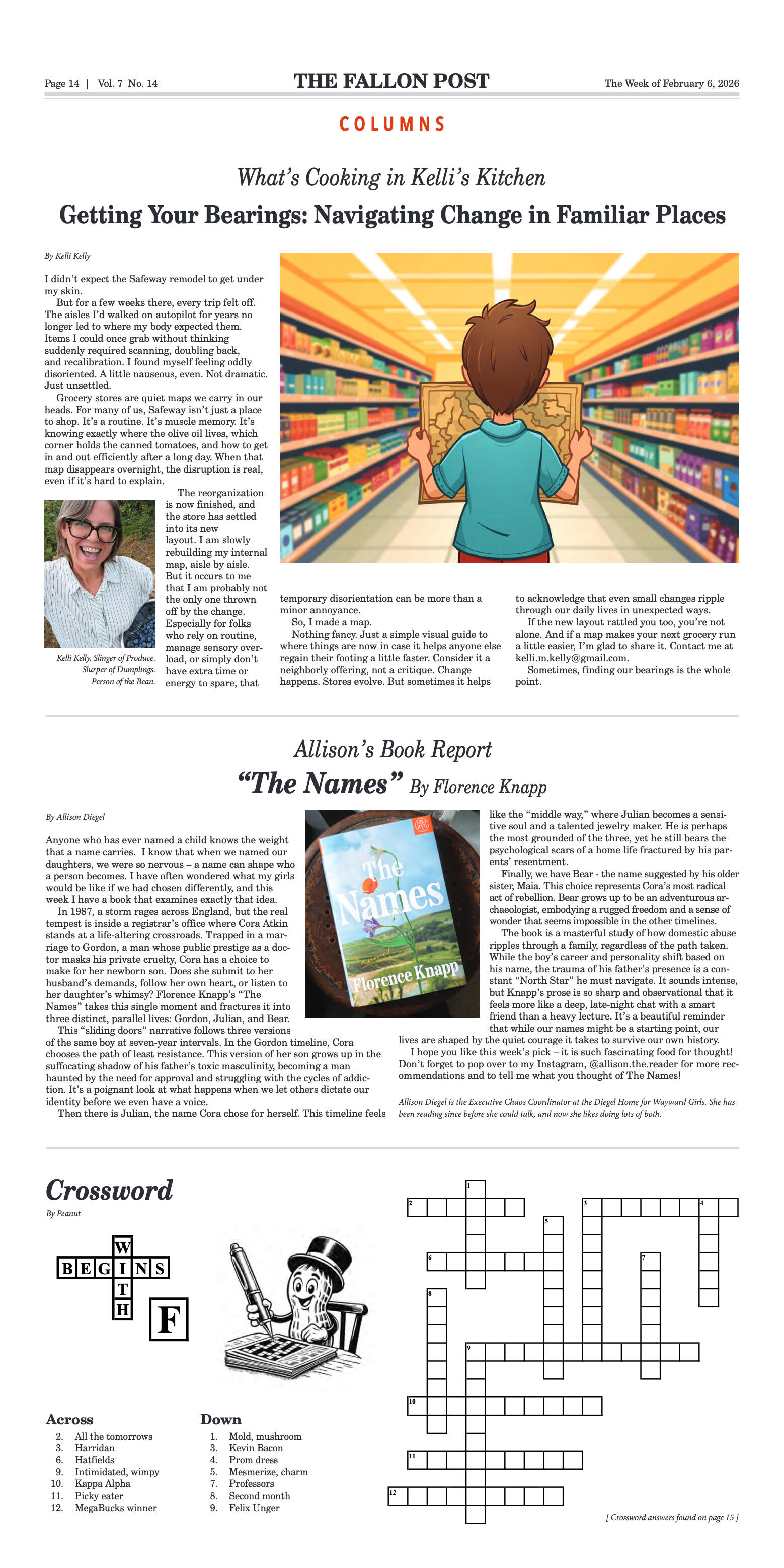
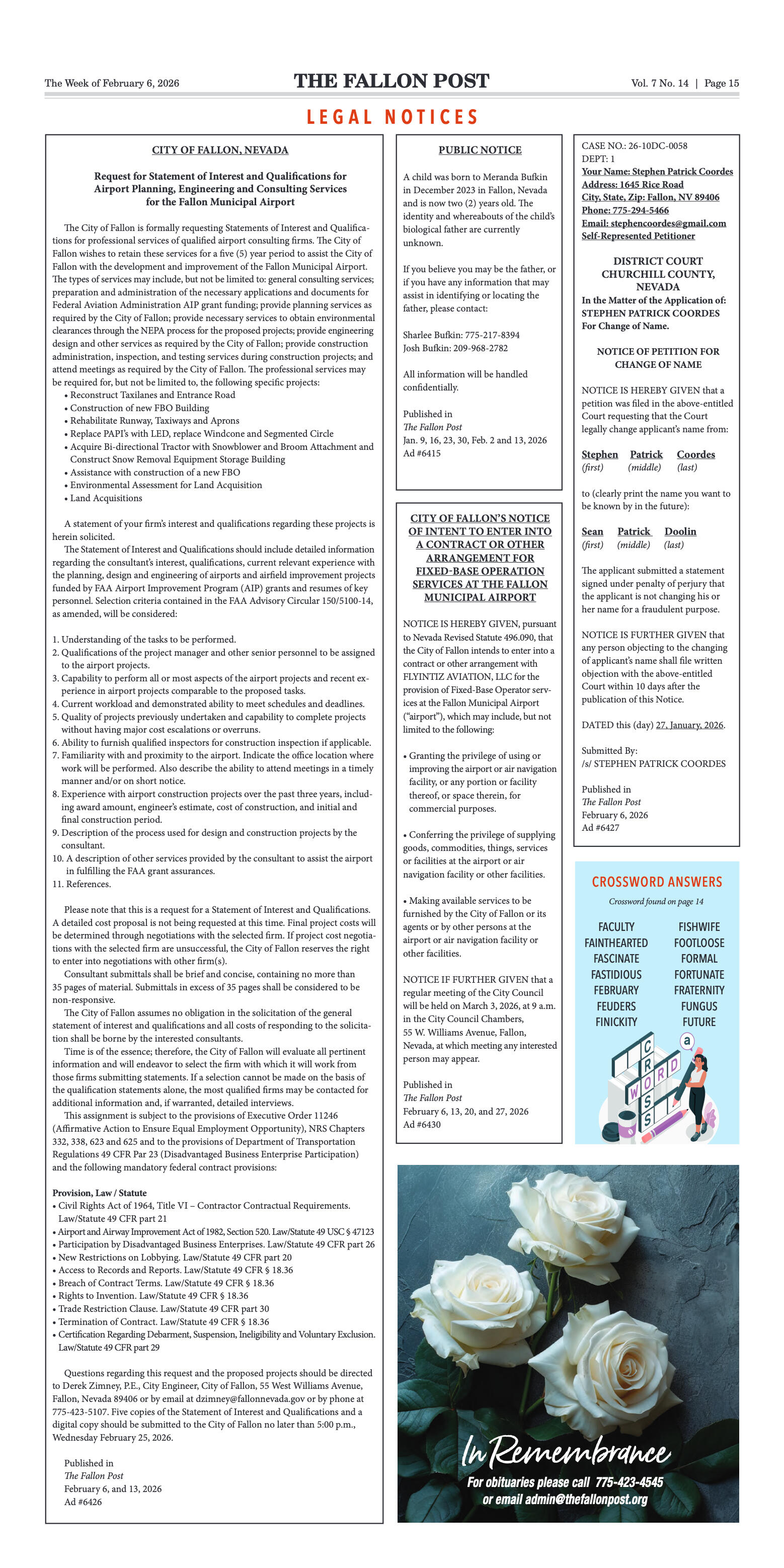
























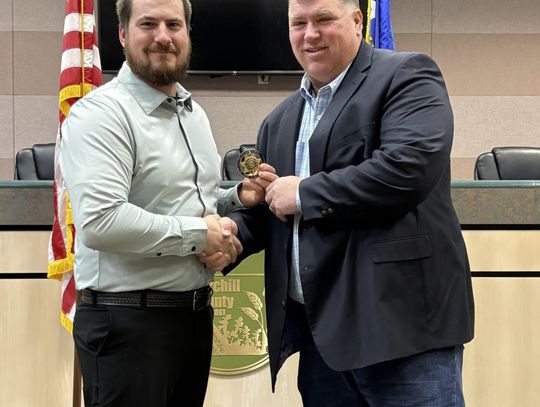



Comment
Comments